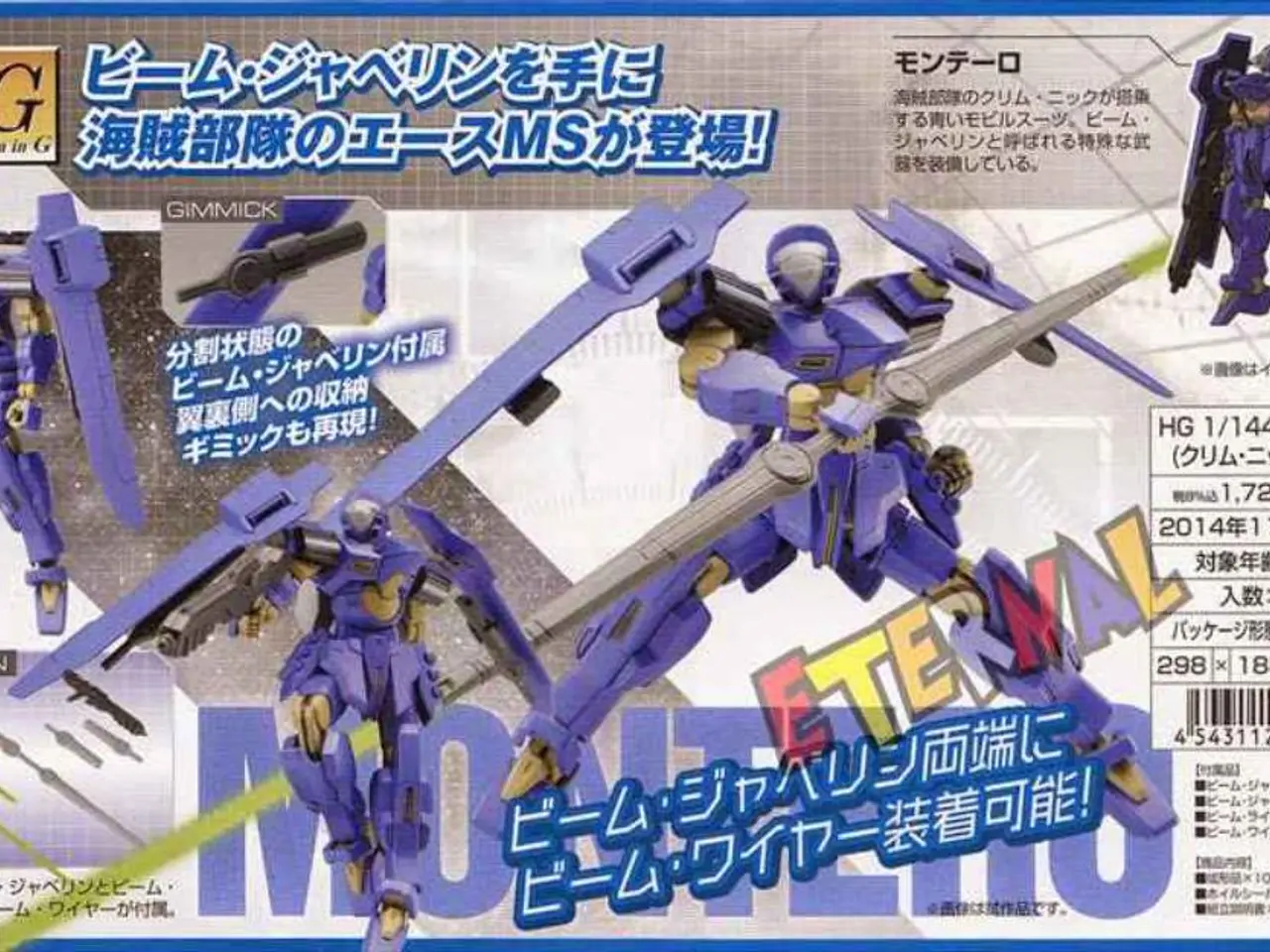AI chip contraband receives disproportionate media attention, according to a White House representative's assertion
The Trump administration's Office of Science and Technology Policy Director, Michael Kratsios, has announced that Nvidia can resume sales of its H20 graphics processing unit (GPU) to China under strict terms. This decision, which partially lifts export controls, has been met with criticism from some U.S. lawmakers concerned about the potential strengthening of China's AI capabilities.
Compliance-Designed Chip for the Chinese Market
The Nvidia H20 GPU is a less advanced, compliance-designed chip specifically made for the Chinese market to meet U.S. export control requirements. Despite the resumption of shipments, supply remains limited due to earlier cancellations of manufacturing capacity and order voids triggered by the April 2025 restrictions. Nvidia is also releasing a new, fully compliant RTX PRO GPU aimed at Chinese enterprise AI applications.
Ongoing Concerns and Criticism
The current regulatory environment and enforcement reflect a broader strategic effort by the U.S. government to maintain technological superiority while exploiting export controls as a tool of economic and strategic competition with China. Some U.S. legislators have demanded stricter export regulations on AI hardware to prevent the potential strengthening of China’s AI capabilities, reflecting ongoing geopolitical and technological tensions between the U.S. and China.
Kratsios stated that large-scale runs that are for training sophisticated models are easy to flag. However, he criticized Joe Biden's policies for putting too many chip export restrictions on allies. Microsoft and Nvidia have claimed that the policies aimed at preventing the diffusion of US technology to China have hurt US efforts more than helped.
AI Chips Not Easily Smuggled
Kratsios also mentioned that AI chips are not easily smuggled as they are heavy and not portable. He spoke about this at the Centre for Strategic and International Studies think tank. Some Democratic senators have sent a letter to Commerce Secretary Howard Lutnick urging him to reverse the decision to allow Nvidia to sell the H20 to China.
The Future of U.S.-China AI Relations
The export of high-performance AI chips like Nvidia's H20 GPU to China is currently governed by complex U.S. export controls aimed at restricting China's access to advanced AI technology that could enhance its military and surveillance capabilities. The limited supply and legal scrutiny surrounding the H20 reflect ongoing U.S. concerns about advanced technology transfer and its implications for U.S.-China strategic competition in AI capabilities.
During Trump's visit to the Gulf in May, he announced the US-UAE AI Acceleration Partnership framework that will eventually lead to the construction of a 5GW UAE-US AI Campus in Abu Dhabi, indicating a more collaborative approach in AI development between the U.S. and certain allies.
The Commerce Department's Bureau of Industry and Security will evaluate each export license application for the H20 and weigh the costs before giving approval. The bureau will also implement Know Your Customer policies to prevent bad actors from gaining access to data centres powered by US technology.
In summary, the U.S.'s approach to AI export controls reflects a delicate balance between maintaining technological superiority and fostering strategic partnerships. The ongoing dialogue and adjustments in export policies suggest a dynamic and complex landscape in the U.S.-China AI relationship.
- Nvidia's H20 GPU, a compliance-designed chip specific for the Chinese market, will be sold again under new terms, despite initial limitations due to cancellations and restrictions.
- The U.S. government's regulatory environment and enforcement, focused on maintaining technological superiority, has sparked criticisms from U.S. lawmakers seeking stricter AI hardware export regulations.
- Kratsios, the Director of the Office of Science and Technology Policy, stated that large-scale, sophisticated model training runs are easily flagged, but criticized Biden's policies for being too restrictive on chip exports to allies.
- AI chips, such as Nvidia's H20 GPU, are heavy and not easily smuggled, according to Kratsios, who discussed this at the Centre for Strategic and International Studies think tank.
- In contrast to the H20 GPU's strict export controls aimed at limiting China's access to advanced AI technology, Trump's visit to the Gulf in May announced the US-UAE AI Acceleration Partnership, indicating a more collaborative approach in AI development between the U.S. and certain allies, like the UAE.




